Academic Handbook Course Descriptors and Programme Specifications
LLAW6231 Final Project (Law) Legal Research Symposium
Last modified on January 31st, 2025 at 6:58 am
| Course code | LLAW6231 | Faculty | Law |
| UK Credit | 30 credits | US Credit | 8 credits |
| FHEQ level | 6 | Date approved | November 2022 |
| Core attributes | CPPC
FP |
||
| Pre-requisites | This course is only available to students for whom Law is their main degree discipline. | ||
| Co-requisites | None | ||
Course Overview
This course provides a forum for all students to engage with and develop extended writing as a capstone to their degree. Students are expected to participate actively in a research symposium format. Student writing takes the form of a series of critiques of selected contemporary papers.
Learning Outcomes
On successful completion of the course, students will be able to:
Knowledge and Understanding
| K1c | Critically analyse legal doctrines, concepts and rules which underpin an area of law, through in-depth research and study. |
| K2c | Critically appraise different theories of law. |
| K3c | Demonstrate conceptual understanding of an area of law to devise and sustain arguments within the parameters of the title of the dissertation. |
Subject Specific Skills
| S1c | Develop a critical awareness to a complex research problem by devising a range of potential solutions. |
| S2c | Critically evaluate competing theoretical explanations and accounts. |
| S3c | Critically assess ambiguous aspects of the chosen legal topic. |
Transferable and Employability Skills
| T1c | Present research with sensitivity to an audience. |
| T2c | Undertake independent research in an unfamiliar context. |
| T3c | Display an advanced level of technical proficiency in written English and competence in applying scholarly terminology, so as to be able to apply skills in critical evaluation, analysis and judgement effectively in a diverse range of contexts. |
Teaching and Learning
This course has a dedicated Virtual Learning Environment (VLE) page with a syllabus and range of additional resources (e.g. readings, question prompts, tasks, assignment briefs, discussion boards) to orientate and engage students in their studies.
The scheduled teaching and learning activities for this course are:
Directed study
12-15 scheduled hours, the exact number varying according to the balance of 1:1s, 2:1s, or small groups. The plan will be confirmed by the start of the course, taking into account student numbers and the proposed topics, readings, and specific tasks.
Faculty hold regular ‘office hours’, which are opportunities for students to drop in or sign up to explore ideas, raise questions, or seek targeted guidance or feedback, individually or in small groups.
Students are to attend and participate in all the scheduled teaching and learning activities for this course and to manage their directed learning and independent study.
Indicative total learning hours for this course: 300
Assessment
Both formative and summative assessment are used as part of this course, with purely formative opportunities typically embedded within interactive teaching sessions, office hours, and/or the VLE.
Summative Assessments
Students are expected to participate fully in the symposium and will be graded in part on the quality of their constructive contribution (or not). They are also expected to present in relation to one paper, and to provide three written critiques. Each of these components carries 20% of the available mark. a portfolio of critiques of assigned papers. In both cases, students must present their work at least once and will be graded in part on the basis of the presentation.
| AE: | Assessment Activity | Weighting (%) | Duration | Length |
| 1 | Portfolio | 60% | N/A | 3 x 2000 words plus slide deck (max 10 slides) |
| 2 | Presentation | 20% | 120 minutes | |
| 3 | Written Assignment | 20% | 1500 words |
Further information about the assessments can be found in the Course Syllabus.
Feedback
Students will receive formative and summative feedback in a variety of ways, written (e.g. marked up on assignments, through email or the VLE) or oral (e.g. as part of interactive teaching sessions or in office hours).
Indicative Reading
Note: Comprehensive and current reading lists are produced annually in Course Syllabi or other documentation provided to students; the indicative reading list provided below is for a general guide and part of the approval/modification process only.
- A series of contemporary papers will be selected for the Symposium.
Indicative Topics
Note: Comprehensive and current topics for courses are produced annually in the Course Syllabus or other documentation provided to students; the indicative topics provided below are used as a general guide and part of the approval/modification process only.
- The papers will be selected each year depending on research trends, areas of contemporary interest, and faculty expertise.
| Title: LLAW6231 Final Project (Law) Legal Research Symposium Course Descriptor
Approved by: Academic Board Location: Academic Handbook/Programme Specifications and Handbooks |
|||||
| Version number | Date approved | Date published | Owner | Proposed next review date | Modification (As per AQF4) & category number |
| 2.0 | September 2024 | September 2024 | Balgissa Ahmed | November 2027 | Category 3: Removal of core attributes |
| 1.1 | December 2022 | July 2023 | Stephen Dnes | November 2027 | Category 1: Corrections/clarifications to documents which do not change approved content or learning outcomes. |
| 1.0 | November 2022 | January 2023 | Stephen Dnes | November 2027 | |

